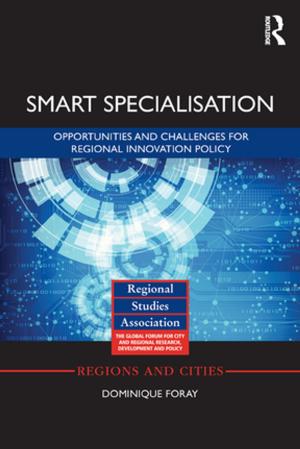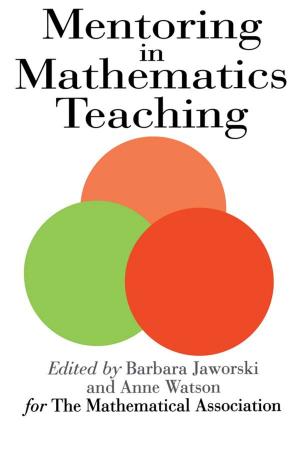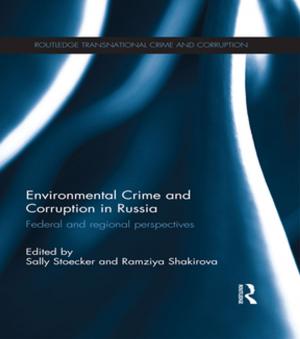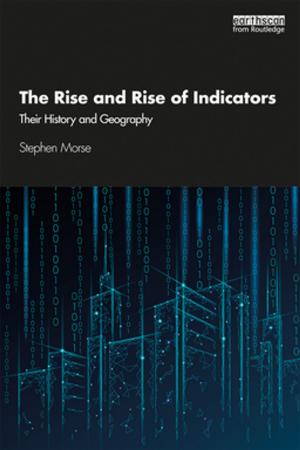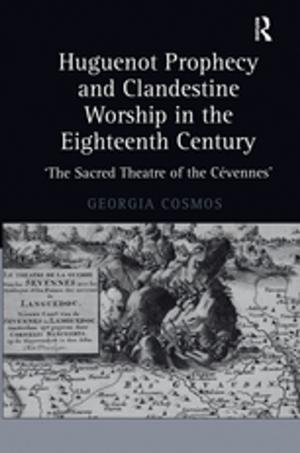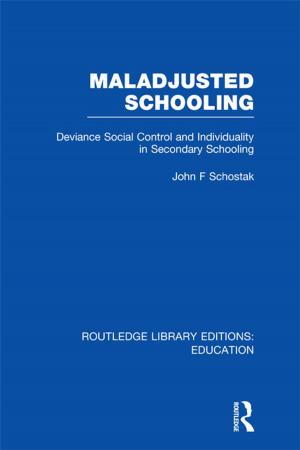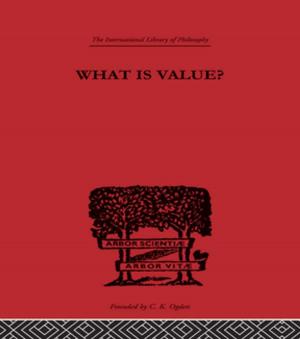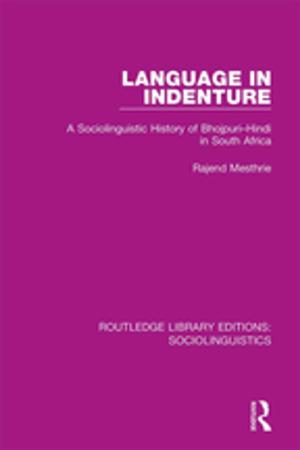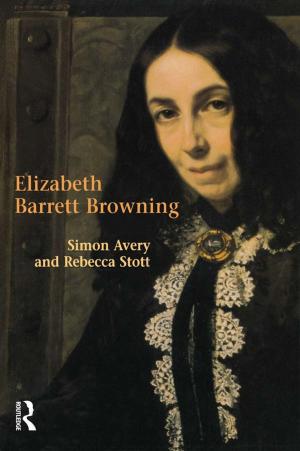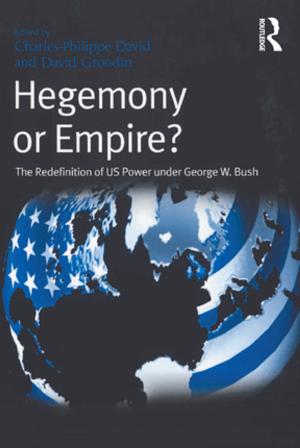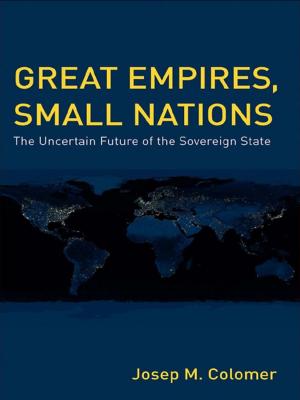Dancing with Devtas: Drums, Power and Possession in the Music of Garhwal, North India
Nonfiction, Entertainment, Music, Theory & Criticism, Ethnomusicology, History & Criticism, Reference| Author: | Andrew Alter | ISBN: | 9781351946391 |
| Publisher: | Taylor and Francis | Publication: | December 5, 2016 |
| Imprint: | Routledge | Language: | English |
| Author: | Andrew Alter |
| ISBN: | 9781351946391 |
| Publisher: | Taylor and Francis |
| Publication: | December 5, 2016 |
| Imprint: | Routledge |
| Language: | English |
In the Central Himalayan region of Garhwal, the gods (devtas) enjoy dancing. Musicians - whether ritual specialists or musical specialists - are therefore an indispensable part of most entertainment and religious events. In shamanistic ceremonies, their incantations, songs and drumming 'make' the gods possess their mediums. In other contexts, such as dramatic theatrical renditions of stories of specific deities, actors 'dance' the role of their character having become possessed by the spirit of their character. Through the powerful sounds of their drumming, musicians cause the gods to dance. Music, and more particularly musical sound, is perceived in Garhwal as a powerful force. Andrew Alter examines music and musical practice in Garhwal from an analytical perspective that explores the nexus between musical sounds and performance events. He provides insight into performance practice, vocal techniques, notions of repertoire classification, instruments, ensembles, performance venues, and dance practice. However, music is not viewed simply as a system of organized sounds such as drum strokes, pitch iterations or repertoire items. Rather, in Garhwal, the music is viewed as a system of knowledge and as a system of beliefs in which meaning and spirituality become articulated through potent sound iterations. Alter makes a significant contribution to the discipline of ethnomusicology through a detailed documentation of musical practice in the context of ritual events. The book offers a traditionally thorough historical-ethnographic study of a region with the aim of integrating the local field-based case studies of musical practices within the broader Garhwali context. The work contains invaluable oral data, which has been carefully transliterated as well as translated. Alter blends a carefully detailed analysis of drumming in conjunction with the complex ritual and social contexts of this sophisticated and semantically rich musical practice.
In the Central Himalayan region of Garhwal, the gods (devtas) enjoy dancing. Musicians - whether ritual specialists or musical specialists - are therefore an indispensable part of most entertainment and religious events. In shamanistic ceremonies, their incantations, songs and drumming 'make' the gods possess their mediums. In other contexts, such as dramatic theatrical renditions of stories of specific deities, actors 'dance' the role of their character having become possessed by the spirit of their character. Through the powerful sounds of their drumming, musicians cause the gods to dance. Music, and more particularly musical sound, is perceived in Garhwal as a powerful force. Andrew Alter examines music and musical practice in Garhwal from an analytical perspective that explores the nexus between musical sounds and performance events. He provides insight into performance practice, vocal techniques, notions of repertoire classification, instruments, ensembles, performance venues, and dance practice. However, music is not viewed simply as a system of organized sounds such as drum strokes, pitch iterations or repertoire items. Rather, in Garhwal, the music is viewed as a system of knowledge and as a system of beliefs in which meaning and spirituality become articulated through potent sound iterations. Alter makes a significant contribution to the discipline of ethnomusicology through a detailed documentation of musical practice in the context of ritual events. The book offers a traditionally thorough historical-ethnographic study of a region with the aim of integrating the local field-based case studies of musical practices within the broader Garhwali context. The work contains invaluable oral data, which has been carefully transliterated as well as translated. Alter blends a carefully detailed analysis of drumming in conjunction with the complex ritual and social contexts of this sophisticated and semantically rich musical practice.

